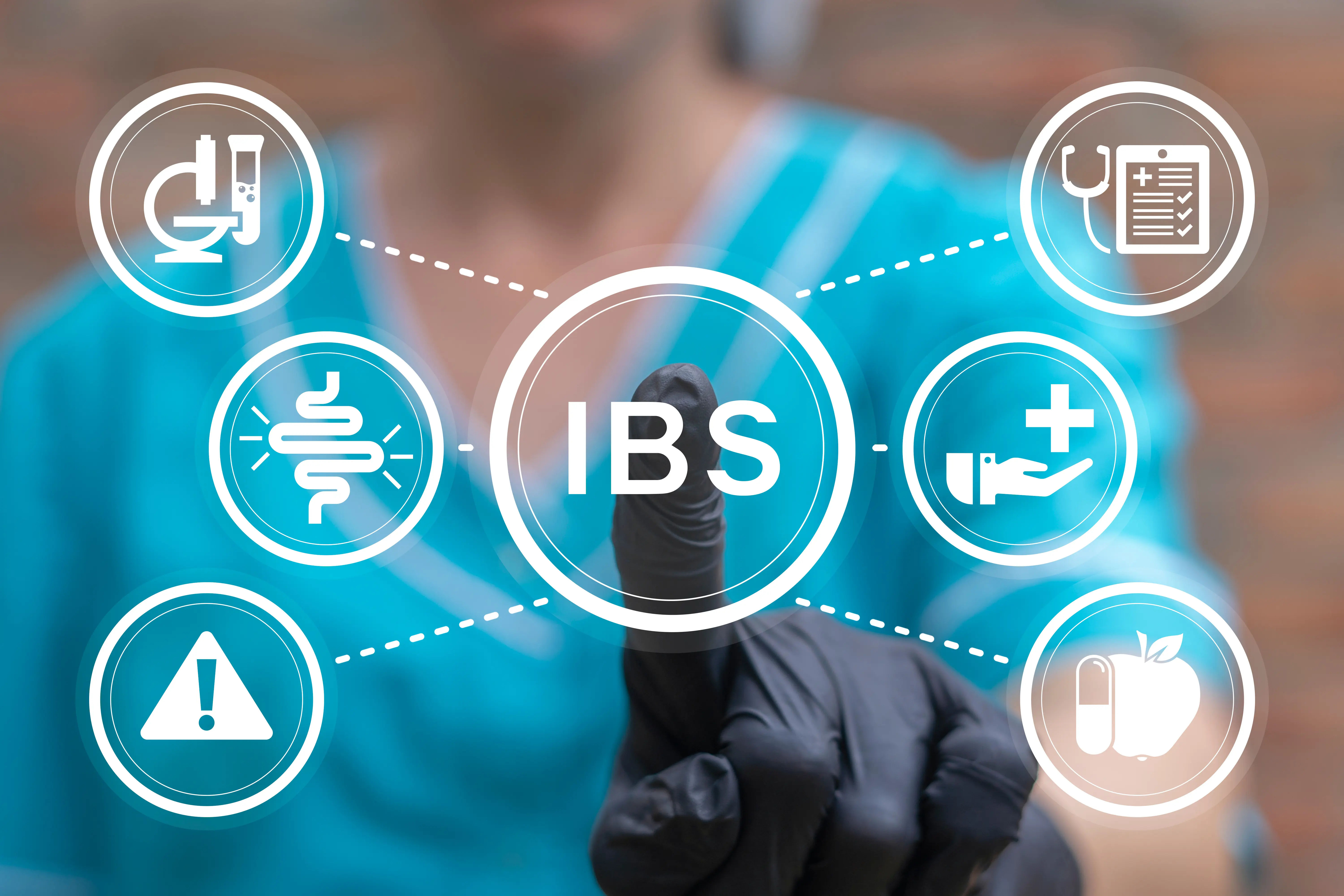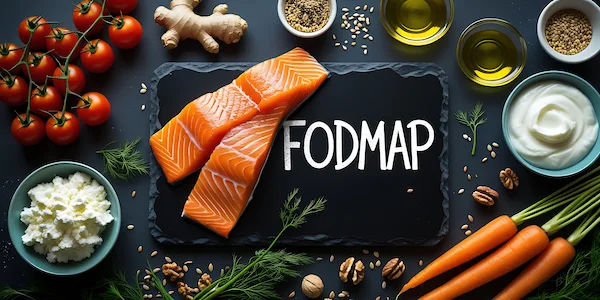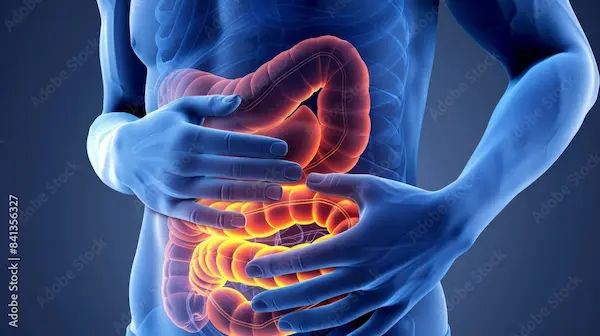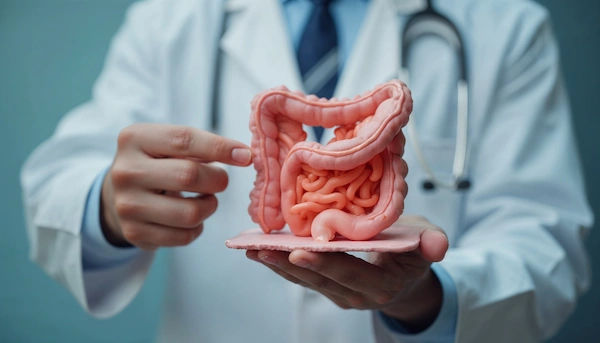Guide to Irritable Bowel Syndrome Management
Manage your IBS symptoms effectively. Learn about diet, stress reduction, medication options, and lifestyle changes in this comprehensive guide. Find relief today.

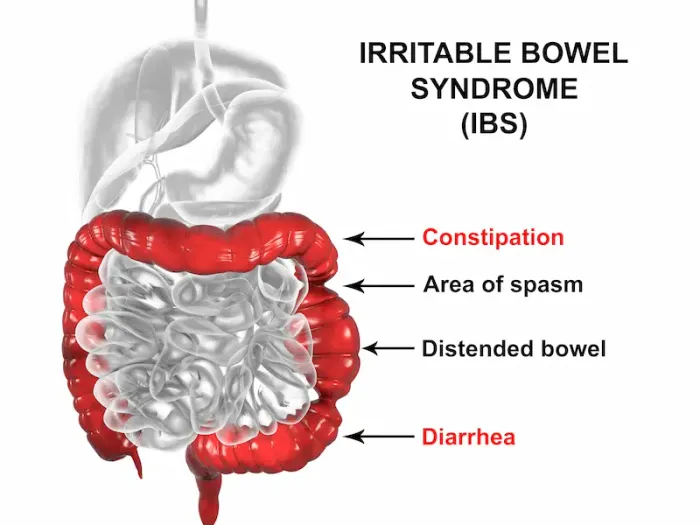
Introduction
Do you feel like your stomach has a mind of its own? If you're among the millions who experience recurring abdominal pain, bloating, and unpredictable bowel habits, you might be dealing with Irritable Bowel Syndrome, or IBS. This common chronic condition affects the large intestine and can significantly impact your quality of life. But here's the most important thing to know: you are not powerless. While there is no one-size-fits-all cure for irritable bowel syndrome, it is highly manageable. This guide is designed to be your comprehensive roadmap. We will move beyond just listing symptoms and delve into actionable strategies for IBS management, from understanding the gut-brain connection and identifying your personal food triggers to exploring dietary plans like the Low FODMAP diet and effective stress-reduction techniques. Our goal is to empower you with the knowledge to take control, reduce flare-ups, and live a full, comfortable life despite your bowel concerns.
What exactly is Irritable Bowel Syndrome (IBS)?
Irritable Bowel Syndrome is classified as a functional gastrointestinal (GI) disorder. This means it's related to problems with how your gut and brain work together—a glitch in the communication system. Essentially, the bowel looks normal under examination (no visible inflammation or damage like in Crohn's disease), but it doesn't function normally. This dysfunction can lead to the muscles in the intestine contracting too much or too little, resulting in the classic symptoms of pain, gas, diarrhea, and constipation. It's a chronic condition that requires long-term management, but it does not damage the bowel or increase your risk of serious diseases like colon cancer.
IBS vs. IBD: Understanding the Crucial Difference
A common point of confusion is the difference between IBS (Irritable Bowel Syndrome) and IBD (Inflammatory Bowel Disease). While the acronyms are similar, the conditions are fundamentally different. IBD, which includes Crohn's disease and ulcerative colitis, involves chronic inflammation that causes visible damage to the digestive tract. Symptoms of IBD can be more severe and include weight loss, rectal bleeding, and fever. IBS, on the other hand, is a functional disorder without this destructive inflammation. If you experience any red-flag symptoms like unexplained weight loss or bleeding, it is crucial to consult a doctor immediately to rule out IBD or other conditions. If your symptoms persist beyond two weeks, consult a doctor online with Apollo24|7 for further evaluation.
Recognizing the Symptoms: It's More Than Just a Tummy Ache
The symptoms of irritable bowel syndrome can vary widely from person to person and even fluctuate over time. The most common signs include:
• Abdominal pain or cramping: Often relieved by having a bowel movement.
• Bloating and gas: A feeling of fullness or tightness in the abdomen.
• Changes in bowel habits: This is the core of the syndrome and leads to its subtypes.
It's also common to experience mucus in the stool and a feeling that a bowel movement was incomplete.
The Three Subtypes of IBS: IBS-C, IBS-D, and IBS-M
To better tailor treatment, IBS is often categorized into three main subtypes based on the predominant bowel habit:
1. IBS with Constipation (IBS-C): Hard or lumpy stools are common, and loose/watery stools are rare.
2. IBS with Diarrhea (IBS-D): Loose/watery stools are common, and hard/lumpy stools are rare.
3. IBS with Mixed Bowel Habits (IBS-M): You experience both hard/lumpy stools and loose/watery stools on the same day.
Understanding your subtype is the first step toward finding the best foods for IBS constipation or diarrhea.
Consult Top Specialists
What Causes IBS? Unraveling the Mystery
The exact cause of IBS remains unknown, but research points to a combination of factors:
• Muscle contractions in the intestine: Stronger/longer contractions can cause gas, bloating, and diarrhea; weaker contractions can slow food passage and lead to hard, dry stools.
• Nervous system abnormalities: Poorly coordinated signals between the brain and the intestines can cause your body to overreact to normal digestive processes, leading to pain and changes in bowel habits.
• Severe infection: Some people develop IBS after a severe bout of gastroenteritis.
• Early life stress: People exposed to stressful events, especially in childhood, may be more susceptible.
• Changes in gut microbiota: The "good" and "bad" bacteria in your gut may be out of balance.
The Gut-Brain Connection: A Key Player
The gut-brain axis is a critical concept in understanding IBS. Your gut and brain are in constant communication. This is why stress and anxiety can trigger physical symptoms in your gut (like "butterflies" turning into a flare-up), and vice versa, persistent gut pain can lead to anxiety or depression. This bidirectional link is why managing IBS often requires addressing both physical and psychological factors.
A Multi-Pronged Approach to IBS Management
Successfully managing irritable bowel syndrome typically involves a combination of dietary changes, lifestyle adjustments, and sometimes medication. What works for one person may not work for another, so patience and a personalized approach are key.
Dietary Strategies: Your First Line of Defense
Diet is often the most powerful tool for IBS management. The goal isn't a restrictive diet forever, but rather an investigative process to identify your triggers.
The Low FODMAP Diet: A Step-by-Step Guide
The most evidence-backed dietary approach is the Low FODMAP diet. FODMAPs (Fermentable Oligosaccharides, Disaccharides, Monosaccharides, and Polyols) are types of short-chain carbohydrates that are poorly absorbed in the small intestine. They ferment quickly, drawing water into the bowel and producing gas, which triggers IBS symptoms.
The diet is a three-phase process:
1. Elimination: Strictly avoid all high-FODMAP foods for 2-6 weeks. Common high-FODMAP foods include onions, garlic, wheat, beans, lactose, and certain fruits.
2. Reintroduction: Systematically reintroduce FODMAP groups one at a time to identify which ones you tolerate and in what amounts.
3. Personalization: Create a long-term diet that avoids only your specific triggers, maximizing dietary variety and nutrition.
It is highly recommended to undertake the Low FODMAP diet with guidance from a registered dietitian to ensure it is done correctly and safely.
The Role of Fiber: Soluble vs. Insoluble
Fiber can be a double-edged sword. Soluble fiber (found in oats, psyllium husk, apples, and carrots) dissolves in water and can help both diarrhea and constipation by normalizing bowel movements. Insoluble fiber (found in wheat bran, whole grains, and nuts) can sometimes worsen pain and gas in people with IBS. Psyllium husk supplements are often a gentle way to increase soluble fiber intake.
Lifestyle Modifications: Calming the Gut and Mind
Since stress is a major trigger for IBS, learning to manage it is non-negotiable.
Stress-Reduction Techniques: Yoga, Meditation, and Mindfulness
Regular practice of mindfulness, meditation, or deep-breathing exercises can calm the nervous system and reduce the gut's hypersensitivity. Yoga is particularly beneficial as it combines physical movement, which aids digestion, with mindful breathing. Even 10-15 minutes a day can make a significant difference in managing IBS at work and home.
The Importance of Regular Exercise
Physical activity helps stimulate normal contractions of the intestines and is a powerful stress reliever. Aim for at least 30 minutes of moderate exercise, like brisk walking, swimming, or cycling, most days of the week.
Medications for Symptom Relief
If diet and lifestyle changes aren't enough, your doctor may recommend medications tailored to your primary symptoms:
• For IBS-C: Fiber supplements, laxatives, or prescription medications like lubiprostone or linaclotide.
• For IBS-D: Anti-diarrheal medications (e.g., loperamide), antispasmodics, or antibiotics like rifaximin.
• For Pain: Antispasmodics can help reduce cramping. Low-dose antidepressants are sometimes used to modulate the gut-brain axis and reduce pain perception.
• Probiotics: Certain strains, like Bifidobacterium infantis, have shown promise in alleviating some IBS symptoms like bloating.
Always consult a healthcare professional before starting any new medication or supplement. If your condition does not improve after trying these methods, book a physical visit to a doctor with Apollo24|7.
Consult Top Specialists
Conclusion
Living with Irritable Bowel Syndrome can be challenging, but it's important to remember that you have the power to influence your symptoms significantly. By understanding the nature of the condition, becoming a detective with your diet, and prioritizing stress management, you can move from a place of frustration to one of control. This guide provides a foundation, but your journey is unique. Be patient with yourself, celebrate small victories, and don't be afraid to seek support from healthcare professionals, such as those available through Apollo24|7, who can provide personalized advice and treatment options. A happier, more comfortable life with IBS is not just a possibility—it's an achievable goal. Start by implementing one or two changes from this guide and build from there. Your gut will thank you.
Consult Top Specialists

Dr. Utsa Basu
Diabetologist
14 Years • MBBS , MD
Barasat
Diab-Eat-Ease, Barasat
(75+ Patients)

Dr. Rohit Basu
General Practitioner
8 Years • MBBS, DNB (General surgery)
East Midnapore
VIVEKANANDA SEBA SADAN, East Midnapore

Dr. Uddalak Chakraborty
Neurologist
8 Years • MBBS,MD(GENL. MED.),DM(NEUROLOGY)
Kolkata
VDC Clinic, Kolkata
(25+ Patients)
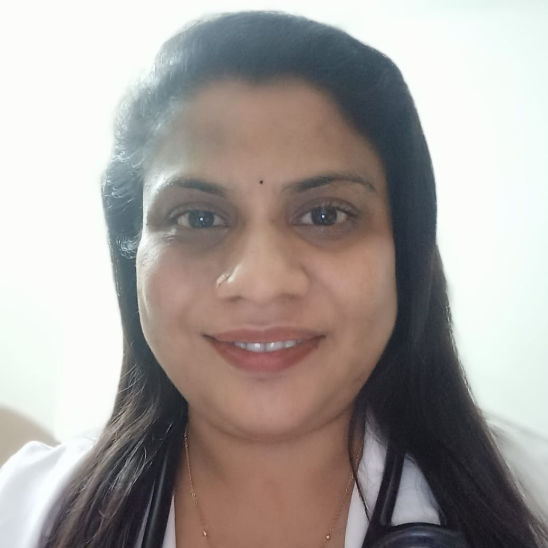
Dr. Swaroopa Rani
General Physician/ Internal Medicine Specialist
9 Years • MBBS, MD (Internal Medicine)
Bengaluru
Apollo Medical Center, Marathahalli, Bengaluru

Dr. Santanu Mandal
General Physician/ Internal Medicine Specialist
18 Years • MD (Physician), DNB (General Medicine)
Kolkata
MCR SUPER SPECIALITY POLY CLINIC & PATHOLOGY, Kolkata
(25+ Patients)
Consult Top Specialists

Dr. Utsa Basu
Diabetologist
14 Years • MBBS , MD
Barasat
Diab-Eat-Ease, Barasat
(75+ Patients)

Dr. Rohit Basu
General Practitioner
8 Years • MBBS, DNB (General surgery)
East Midnapore
VIVEKANANDA SEBA SADAN, East Midnapore

Dr. Uddalak Chakraborty
Neurologist
8 Years • MBBS,MD(GENL. MED.),DM(NEUROLOGY)
Kolkata
VDC Clinic, Kolkata
(25+ Patients)

Dr. Swaroopa Rani
General Physician/ Internal Medicine Specialist
9 Years • MBBS, MD (Internal Medicine)
Bengaluru
Apollo Medical Center, Marathahalli, Bengaluru

Dr. Santanu Mandal
General Physician/ Internal Medicine Specialist
18 Years • MD (Physician), DNB (General Medicine)
Kolkata
MCR SUPER SPECIALITY POLY CLINIC & PATHOLOGY, Kolkata
(25+ Patients)
More articles from Irritable Bowel Syndrome
Frequently Asked Questions
1. Can IBS be cured?
There is currently no cure for IBS, but it is a highly manageable condition. With the right combination of diet, lifestyle changes, and sometimes medication, most people can achieve significant symptom relief and lead a normal, active life.
2. What are the best natural remedies for IBS symptoms?
Peppermint oil capsules have strong evidence for relieving abdominal pain and bloating due to their antispasmodic effect. Probiotics, particularly certain strains like Bifidobacterium, can help restore gut balance. Soluble fiber supplements like psyllium husk are also effective for normalizing bowel movements.
3. How long does a typical IBS flare-up last?
The duration of a flare-up varies greatly. It can last from a few hours to several days. Identifying and avoiding your triggers is the best way to shorten and prevent flare-ups.
4. Is IBS linked to anxiety or depression?
Yes, there is a strong link due to the gut-brain connection. The discomfort and stress of living with a chronic condition like IBS can contribute to anxiety, and conversely, anxiety can exacerbate IBS symptoms. Treating both the gut and the mind is often necessary.
5. Should I be tested for food allergies if I have IBS?
IBS is not a food allergy, which involves the immune system. It's a food intolerance or sensitivity. Standard allergy tests (for IgE antibodies) are usually negative in IBS patients. The Low FODMAP diet is a more effective tool for identifying food intolerances related to IBS.
